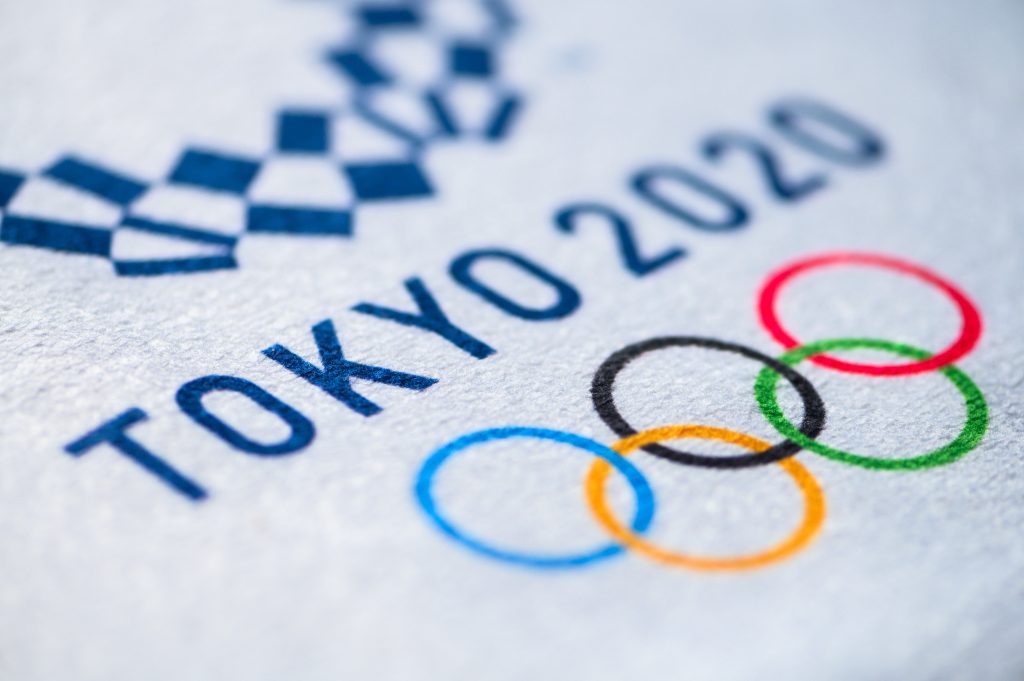Memory boost
Exercise is one way to prevent the age-related decline of memory. In fact, new research shows that aerobic exercise may enhance memory in previously inactive older adults, with the potential for high-intensity interval training (HIIT) to yield the greatest benefit.
Light physical activity benefits
ParticipACTION’s Report Card on Physical Activity for Adults states that 56% of adults living in Canada get at least 3 hours of light physical activity (LPA) each day. What is LPA and why does it matter? LPA is any activity that requires using up low levels of energy such as walking for leisure, standing work…
Women and concussions
Did you know that women often experience concussions differently than men, including worse symptoms and longer recovery time? Using magnetoencephalography (MEG), researchers from RENITA Medical and the Hospital for Sick Children are scanning the brains of women to learn more about the effects of concussion on women. MEG offers an objective way to diagnose concussions…
Celebrating concussion reporting
Concussion reporting is a necessary component of concussion care and safety, and according to new research, it’s something to be celebrated. Athletes are more likely to report a concussion when coaches encourage and celebrate concussion reporting. Coaches that facilitate regular, open conversations about concussions help athletes feel supported and comfortable when reporting an injury.
Elite mental health
Up to 35% of elite mental athletes experience mental health concerns, including anxiety, depression, and eating disorders. To manage mental health conditions in sport, the International Olympic Committee recommends taking an individualized and interdisciplinary approach, optimizing the training and competition environment, and making mental health resources and supports both accessible and commonplace.
Post-Games mental health support
Competing in major events like the Olympic and Paralympic Games can have a significant impact on athletes’ mental health. Olympic and Paralympic athletes are particularly vulnerable in the post-Games period. Since both staff and resources are likely to be depleted after the Games, planning for specialized support can help athletes during this critical time.
Self-compassion and injury recovery
After injury, athletes can experience a range of negative emotions and coping strategies (e.g., anxiety, worry, ruminating or dwelling, avoidance). Self-compassion can enable athletes to focus on healthier, more proactive ways of moving forward with recovery, and may even reduce injury occurrence by decreasing athletes’ physiological activation to stress and facilitating their ability to focus…
True North Challenge
Research shows that time spent outdoors being active is excellent for your mental health. When you exercise (especially outside), your body releases endorphins and feel-good chemicals that help boost your mood and beat the winter blues. If you’re looking for an easy way to get moving this month, join ParticipACTION’s True North Challenge, running February…
Bell Let’s Talk Day 2022
Today is Bell Let’s Talk Day, a day to raise awareness and combat stigma surrounding mental illness in Canada. According to the International Olympic Committee (IOC), as many as 35% of elite athletes experience mental health symptoms and disorders. Fortunately, conversations about mental health are becoming more normalized in high performance sport. Check out the…
Lessons about mental health from the Olympics and Paralympics in Tokyo

Highlights For athletes, coaches, and others who worked tirelessly to make the Tokyo Olympic and Paralympic Games a success, the global COVID‑19 pandemic increased stress and added to the already pressure-packed environment. When USA Gymnastics legend Simone Biles put her mental health ahead of the competition, she elevated discussions around mental health to historic levels….